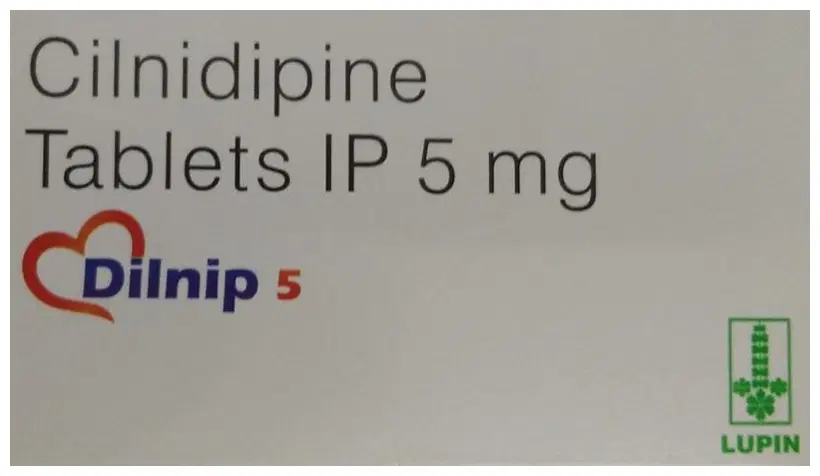Haemophilia a
Haemophilia A, also known as factor VIII deficiency, is a rare inherited bleeding disorder that primarily affects males. It is characterized by a deficiency or dysfunction of clotting factor VIII, which is essential for blood clotting and halting bleeding. As a result, individuals with Haemophilia A experience prolonged bleeding following injuries or surgeries, and may also experience spontaneous bleeding into joints, muscles, or internal organs.
The primary treatment for Haemophilia A involves the administration of clotting factor VIII through intravenous infusions. There are various types of factor VIII products available, including plasma-derived and recombinant factor VIII concentrates. These products are designed to replace the missing or defective clotting factor VIII, thereby helping to control bleeding episodes and prevent joint damage.
Common medications in this category include:
Monoclate P (recombinant factor VIII): A recombinant factor VIII concentrate derived from genetically engineered cells, providing a safe and effective treatment option for patients with Haemophilia A.
Alphanate (plasma-derived factor VIII): A plasma-derived factor VIII concentrate obtained from pooled human plasma, providing an effective treatment option for patients with Haemophilia A.
Consult with a healthcare professional to determine the appropriate medication and dosage for each individual with Haemophilia A, as the treatment plan may vary depending on the severity of the condition and the patient’s medical history.

Showing all 6 results
Showing all 6 results



